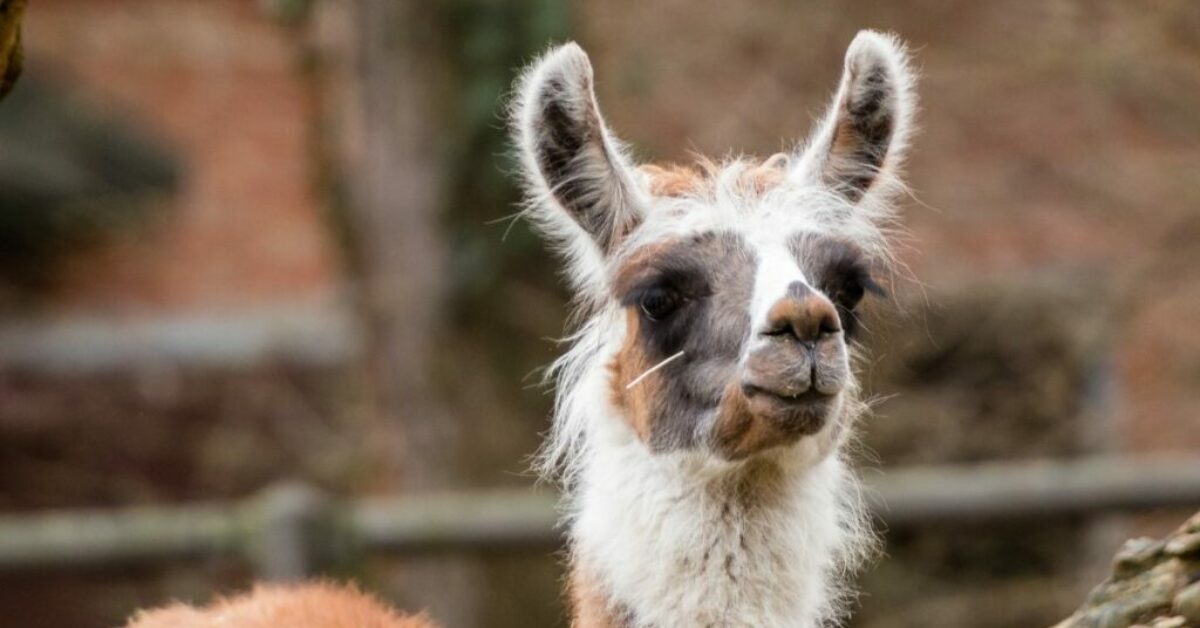What Are Animal Behavior Skills?
Animals are incredible creatures that are capable of displaying a wide range of behaviors. These behaviors can be anything from simple actions like eating or sleeping, to complex social interactions with other animals. The study of animal behavior has become increasingly important in recent years, with many careers now requiring people to have strong animal behavior skills.
Animal Behavior Skills Examples
There are many different types of animal behavior skills that can be valuable in a variety of industries. Here are a few examples:
Observation: The ability to closely observe animals and accurately interpret their behaviors. Observation is one of the most important skills when it comes to studying animal behavior. By carefully watching animals in their natural habitats, researchers can gain insight into their behavior patterns, social interactions, and communication methods. This information can be used to improve animal welfare and conservation efforts.
Animal Handling: The ability to safely handle and restrain animals. Animal handling is a crucial skill for anyone working with animals, whether in a veterinary setting or in the wild. Proper handling techniques can help reduce stress and injury to both animals and handlers. It is important to learn how to read an animal’s body language and respond appropriately to ensure their safety and well-being.
Training: The ability to train animals to perform specific behaviors or tasks. Training animals can be a rewarding experience for both the trainer and the animal. Whether it’s teaching a dog to sit on command or training a dolphin to perform acrobatic tricks, the key to successful training is positive reinforcement and consistency. Trainers must have a deep understanding of an animal’s natural behaviors and motivation in order to effectively train them.
Behavior Modification: The ability to identify and modify unwanted behaviors in animals. Behavior modification is often necessary when working with animals that have developed unwanted behaviors, such as aggression or fear. It involves identifying the root cause of the behavior and implementing strategies to modify it. This can include positive reinforcement training, desensitization, and counter-conditioning.
Research: The ability to design and conduct research projects to study animal behavior.
Research is a critical component of understanding animal behavior and improving animal welfare. Researchers use a variety of methods to study animals, including observing them in the wild, conducting experiments in controlled environments, and analyzing data from previous studies. By gaining a deeper understanding of animal behavior, researchers can develop new techniques for training, behavior modification, and conservation efforts.
How Do You Improve Animal Behavior Skills?
Improving your animal behavior skills is an ongoing process that requires both knowledge and experience. By expanding your knowledge base and gaining hands-on experience, you can become a more effective animal trainer or behaviorist. Here are some additional tips to help you improve your animal behavior skills:
Observe Animals in Their Natural Habitat
One of the best ways to gain a deeper understanding of animal behavior is to observe animals in their natural habitat. Take a trip to a wildlife reserve or national park and spend some time watching animals in their natural environment. Pay attention to their behaviors, interactions with other animals, and responses to their environment. This can give you valuable insights into how animals behave and communicate.
Work with a Mentor
Working with a mentor who has experience in animal behavior can be a great way to improve your skills. A mentor can provide guidance, feedback, and support as you work to develop your skills. They can also share their own experiences and insights, helping you to learn from their successes and mistakes.
Practice Positive Reinforcement
Positive reinforcement is a powerful tool for shaping animal behavior. By rewarding animals for desired behaviors, you can encourage them to repeat those behaviors in the future. Practice using positive reinforcement techniques with animals, such as giving treats or praise when they perform a desired behavior. This can help to build trust and strengthen your bond with the animal.
Stay Up-to-Date on Research
Animal behavior research is an ever-evolving field, with new discoveries and insights being made all the time. It’s important to stay up-to-date on the latest research and trends in animal behavior. Subscribe to journals and newsletters, attend conferences and workshops, and follow experts in the field on social media to stay informed.By following these tips and continuing to learn and grow, you can become a skilled and effective animal behaviorist or trainer. Remember to always prioritize the well-being and safety of the animals you work with, and to approach each situation with patience, compassion, and a willingness to learn.
Why Do Employers Look For Animal Behavior Skills?
Animal behavior skills are highly sought after in a variety of industries. These skills are not just limited to working with animals, but are also useful in fields such as research, education, and conservation. Here are just a few examples of why employers look for candidates with these skills:
- Veterinary Medicine: Veterinarians need to be able to accurately diagnose and treat animal behavior problems. This is especially important when working with pets, as behavior problems can often lead to health issues. For example, a cat that is urinating outside of the litter box may have a medical issue or may be experiencing stress due to changes in its environment.
- Zoology and Wildlife Management: Professionals in these fields need animal behavior skills to safely capture, relocate, and release wild animals. Understanding animal behavior can help prevent injury to both humans and animals during these processes. It can also help with the reintroduction of endangered species back into the wild.
- Animal Training and Behavior Consultation: People who work in these fields need to have advanced knowledge of animal behavior in order to train animals and modify unwanted behaviors. This includes everything from obedience training for dogs to working with exotic animals in entertainment settings. Understanding animal behavior is also important for behavior consultants who work with pet owners to address issues such as aggression or separation anxiety.
Animal behavior skills are also useful in research and education. Researchers who study animal behavior can gain insight into the evolution and adaptation of different species. This knowledge can then be used to inform conservation efforts. Educators can use animal behavior as a way to teach students about biology and ecology.
Overall, animal behavior skills are in high demand across a variety of industries. They are useful for working with animals, but can also be applied to research, education, and conservation efforts. As such, individuals with these skills are highly valued by employers.
Animal behavior skills are an incredibly important set of skills for anyone who works with animals. From veterinarians to wildlife biologists, understanding animal behavior is essential for success in many careers. With the right education, experience, and training, anyone can improve their animal behavior skills and become an expert in the field.




